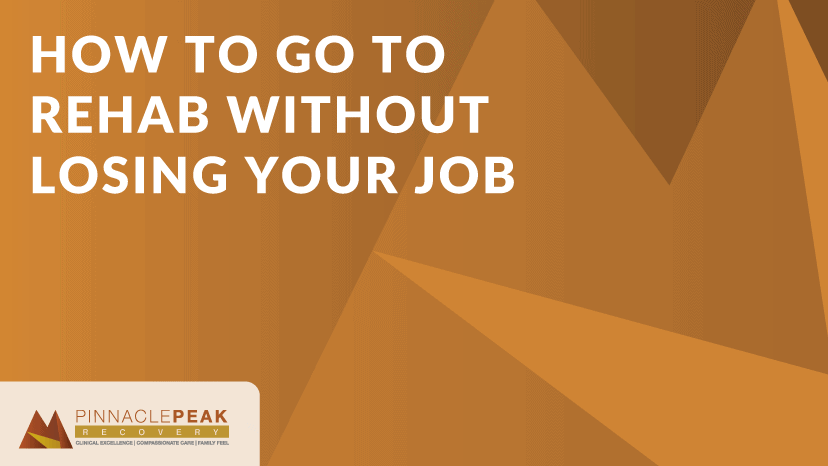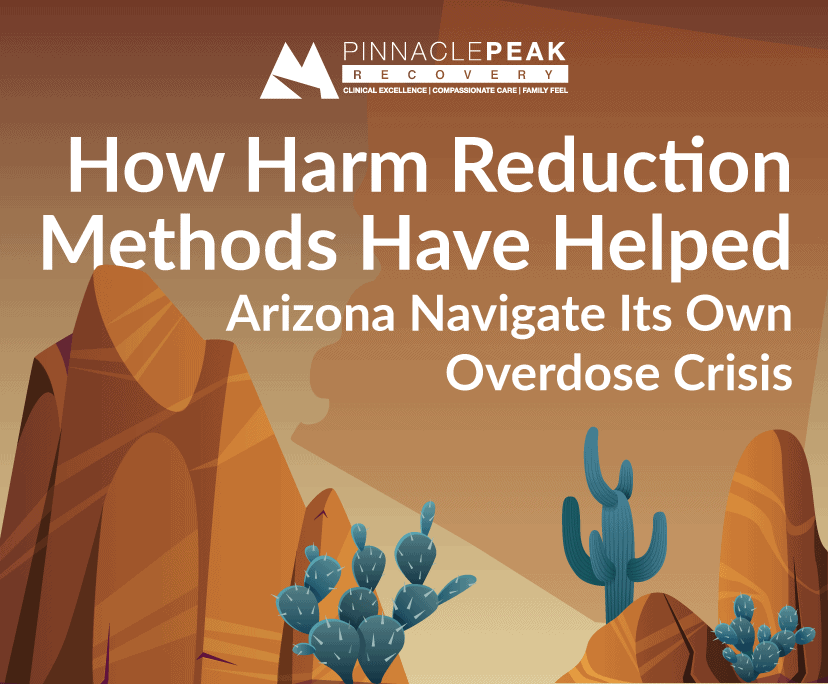Developing a Treatment Plan

Developing a personalized treatment plan is crucial to success in recovery. Unfortunately, many treatment facilities try a “one-size-fits-all” approach to treatment. Addictions develop for a multitude of reasons, and each person has a different story. For this reason, it’s important to have a plan for treatment that fits your needs.
Getting an Assessment for a Treatment Plan
A quality addiction treatment facility will give you a physical and mental assessment prior to treatment. It’s important for the facility to understand your history with substance use. They’ll gauge your physical dependency, mental health, home environment and readiness to start treatment.
Knowing how your environment affects your addiction is crucial because it can determine which level of care you should start at. There are different levels of care depending on what you need. If you live in a toxic environment or have a hard time controlling your impulses, a lower level of treatment probably isn’t the best option for you. Therefore, you should start in from the highest level of care and transition through.
Below is the order for levels of care in a treatment facility:
- Inpatient
- Partial hospitalization program (PHP)
- Intensive outpatient program (IOP)
- Outpatient program (OP)
Individual Therapy
Part of your treatment plan will consist of individualized therapy. Many people who have an addiction have a past that they need to talk about. Working in a one-on-one environment with a therapist gives them safety and security. Through individual therapy, you’ll be able to figure out ways to overcome your past issues.
Multi-Faceted Treatment
Group therapy is also a great method to incorporate into your treatment programs. Most people struggling with an addiction feel isolated. In a group atmosphere, they can begin to see that these feelings are unfounded. In fact, there are many other people struggling with addiction who form an important support group.
Evidence-based treatment methods consist of different therapies that help heal the brain. One of the most popular forms of evidence-based treatment is cognitive behavioral therapy (CBT). This method is about acknowledging bad habits and learning new healthy habits to replace the old ones with. This is a practice, and it takes time, but eventually the new habits become second nature.
Anyone struggling with mental illness is going to need a program that offers dual diagnosis treatment. Because mental illness can hinder recovery, your mental health issue and addiction need to be treated simultaneously. There are many different methods that help decrease symptoms of anxiety, depression, PTSD and other disorders. Dual diagnosis treatment will give you a much better chance at long-term recovery from active addiction.
Don’t wait another day to get help for your addiction. Call Pinnacle Peak Recovery today at 866-377-4761.



